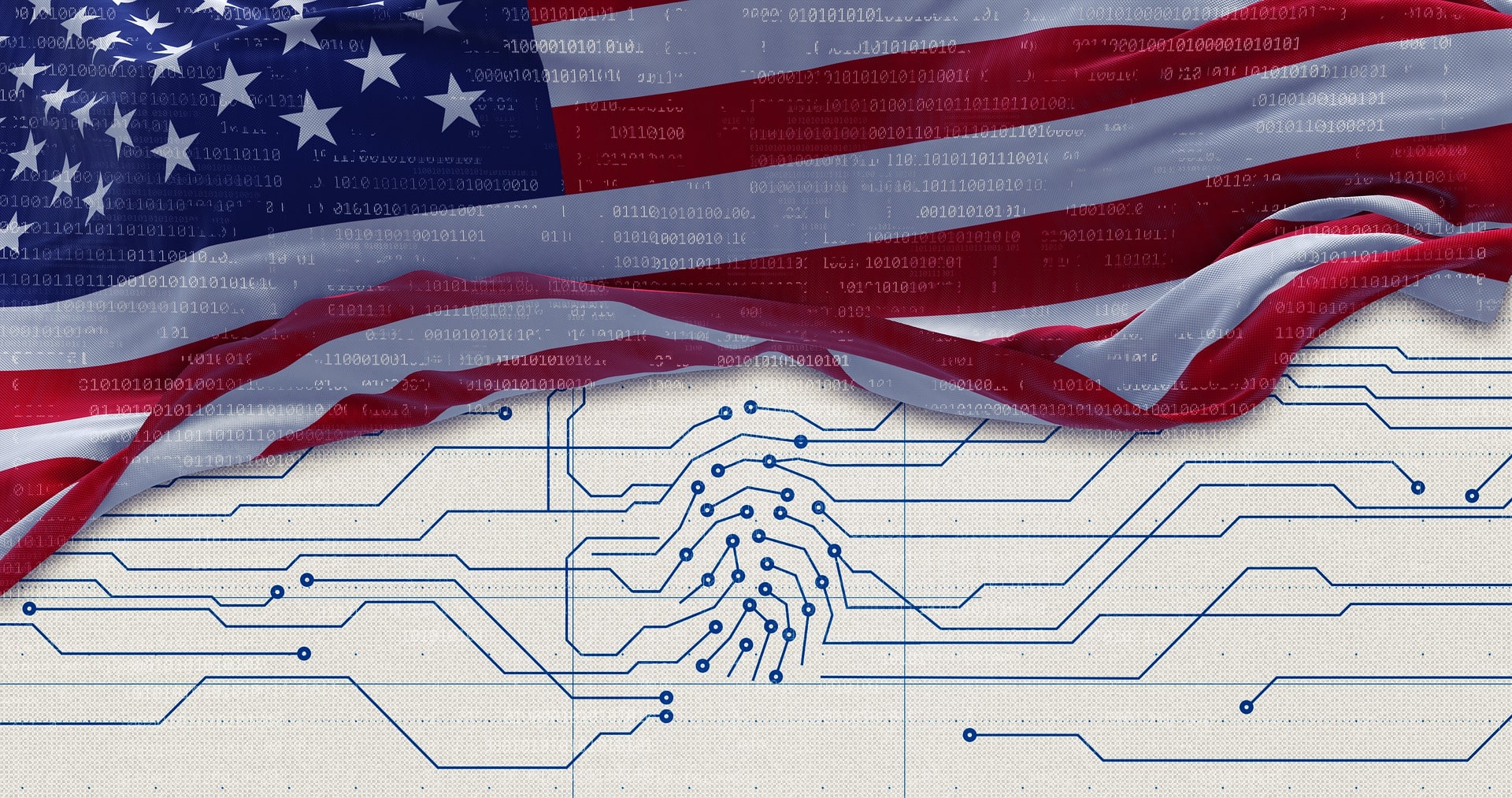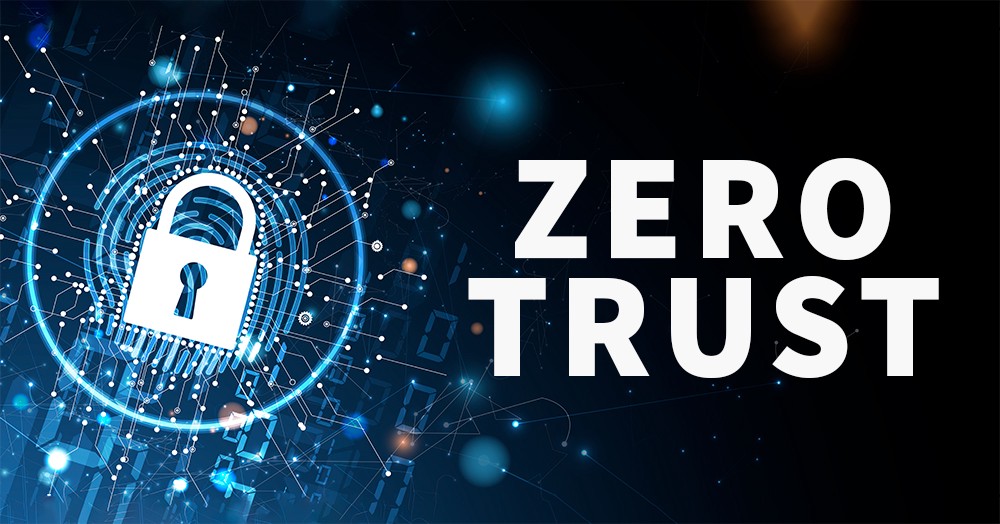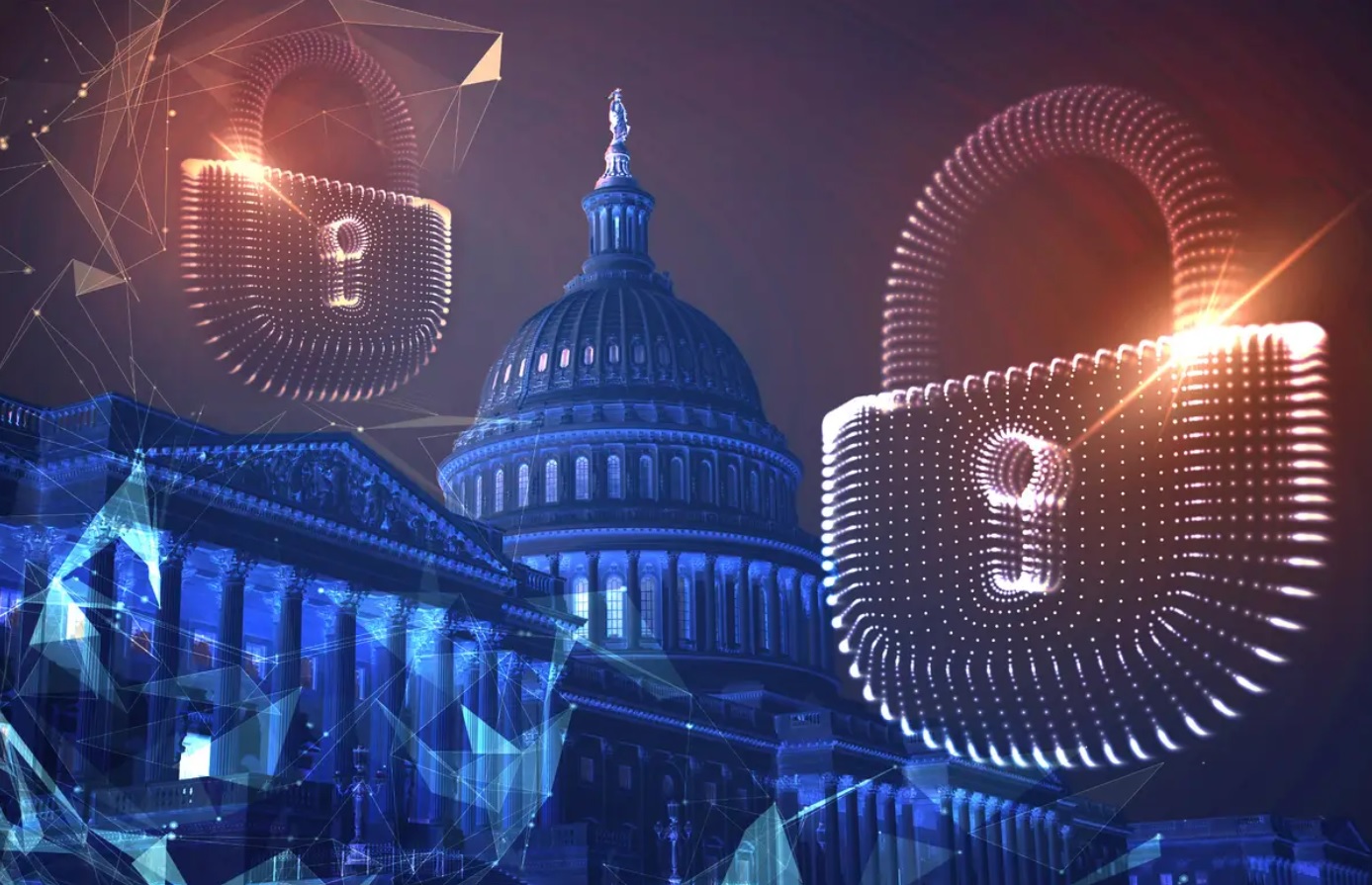
In a united front against the rising tide of cyber threats, a group of bipartisan lawmakers has introduced a groundbreaking piece of legislation, the Federal Information Security Modernization Act of 2023, known as FISMA 2023. Spearheaded by U.S. Senators Gary Peters (D-MI) and Josh Hawley (R-MO), along with U.S. Representatives James Comer (R-KY), Jamie Raskin (D-MD), Nancy Mace (R-SC), and Gerald E. Connolly (D-VA), this bicameral effort seeks to overhaul and modernize federal cybersecurity laws that have not seen substantial updates since 2014.
The core objective of FISMA 2023 is to ensure that the United States possesses the necessary tools and resources to safeguard federal information technology systems effectively. The legislation addresses pressing concerns surrounding the security of federal networks, particularly in the face of foreign adversaries and cybercriminals who have exploited vulnerabilities to compromise national security and access sensitive data.
Bipartisan Collaboration for Improved Cybersecurity
U.S. Senators Peters and Hawley, along with their colleagues, have recognized the urgent need to modernize federal cybersecurity standards. They emphasize that as cyberattacks persist, particularly from foreign adversaries like the Chinese Communist Party (CCP), bolstering cybersecurity networks is a matter of national security.
The bill’s introduction is a significant step towards achieving this goal. FISMA 2023 has been in the making for nearly a decade, reflecting years of diligent work and collaboration between House Oversight Committee and Senate Homeland Security and Governmental Affairs Committee members.
Addressing Cybersecurity Challenges
Recent cyberattacks have exposed vulnerabilities within federal networks, compromising national security and sensitive information. These incidents include the breach of Microsoft’s cloud systems, security vulnerabilities exploited by the Chinese government, and network breaches affecting several federal agencies, including the Department of Homeland Security and the Department of Defense.
FISMA 2023 aims to tackle these challenges head-on by implementing key measures:
- Strengthened Cybersecurity Coordination: The legislation seeks to enhance coordination across the federal government to empower civilian federal agencies and contractors to better protect their networks from cybersecurity threats.
- Roles and Responsibilities Clarified: The bill provides clarity regarding the roles and responsibilities of key agencies responsible for leading federal information security policy and operations.
- Reporting and Response Mechanisms: Civilian agencies would be required to promptly report all cyberattacks to the Cybersecurity and Infrastructure Security Agency (CISA) and significant incidents to Congress. This would help ensure that threats are addressed swiftly and effectively.
- Codification of Executive Order: FISMA 2023 codifies elements of President Biden’s Executive Order on Improving the Nation’s Cybersecurity. This ensures higher-level security protections for federal information systems and the sensitive data they contain.
- Efficient Resource Allocation: The legislation mandates that the Office of Management and Budget (OMB) develop guidance for federal agencies to efficiently allocate the cybersecurity resources necessary to protect their networks.
A Pivotal Moment for Federal Cybersecurity
The introduction of the Federal Information Security Modernization Act of 2023 marks a pivotal moment in the ongoing battle to safeguard the nation’s digital infrastructure. As cyber threats continue to evolve and escalate, the bipartisan support behind this legislation underscores the government’s commitment to protecting sensitive data, national security, and the integrity of federal networks.
Efforts to improve federal cybersecurity, such as those embodied in FISMA 2023, are vital to ensuring the nation’s resilience in the face of an increasingly complex and persistent cyber threat landscape. As the bill progresses through Congress, it holds the promise of a more secure and resilient digital future for the United States.
This bipartisan legislation represents the necessary response and a great start toward establishing a unified federal approach to cybersecurity legislation, marking a significant step forward in safeguarding the nation’s digital assets and strengthening its defenses against evolving cyber threats.




